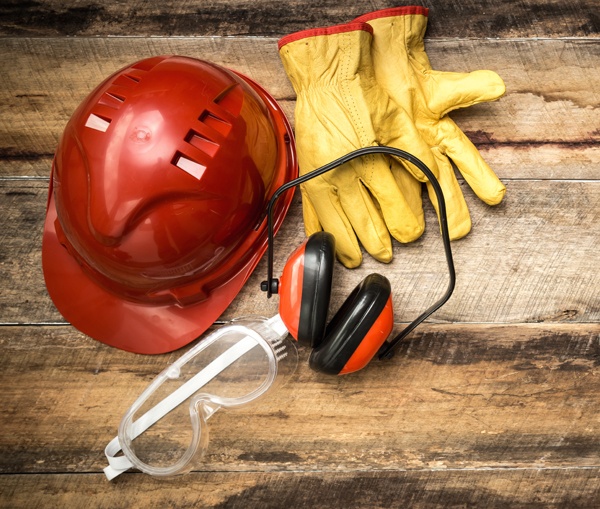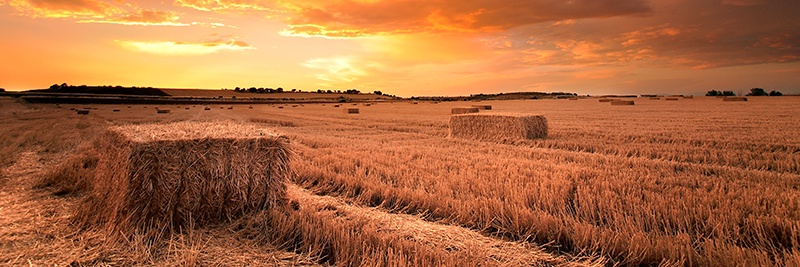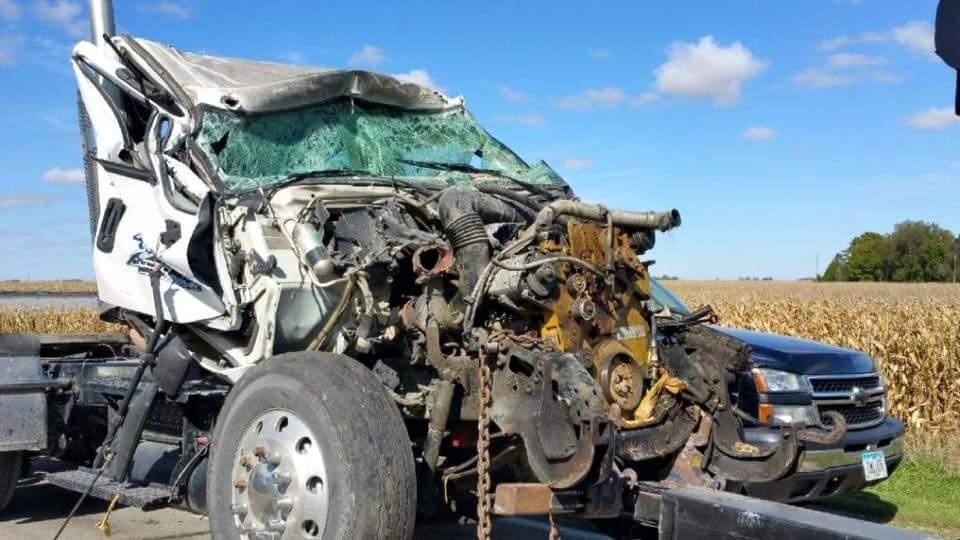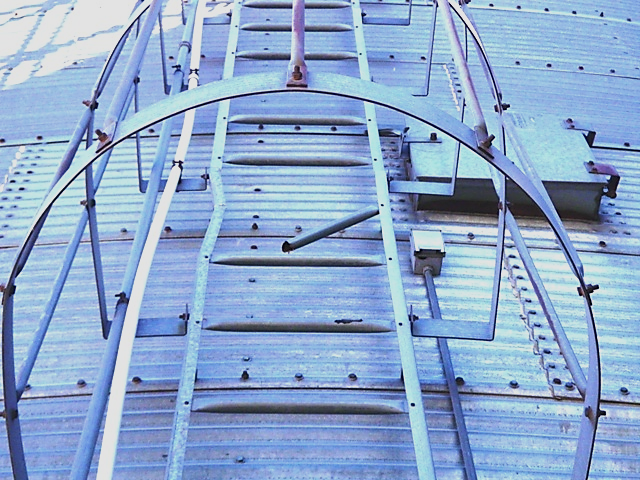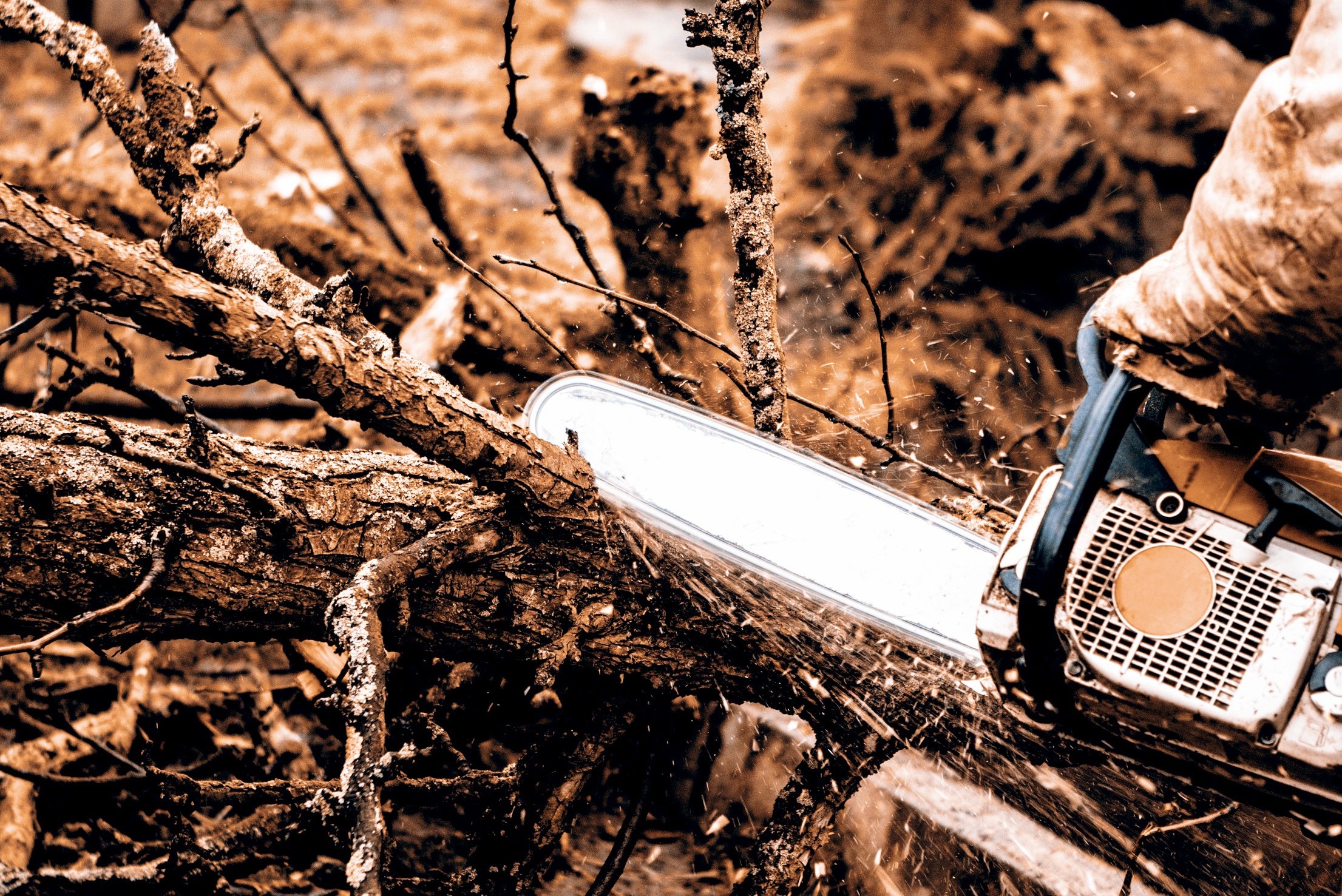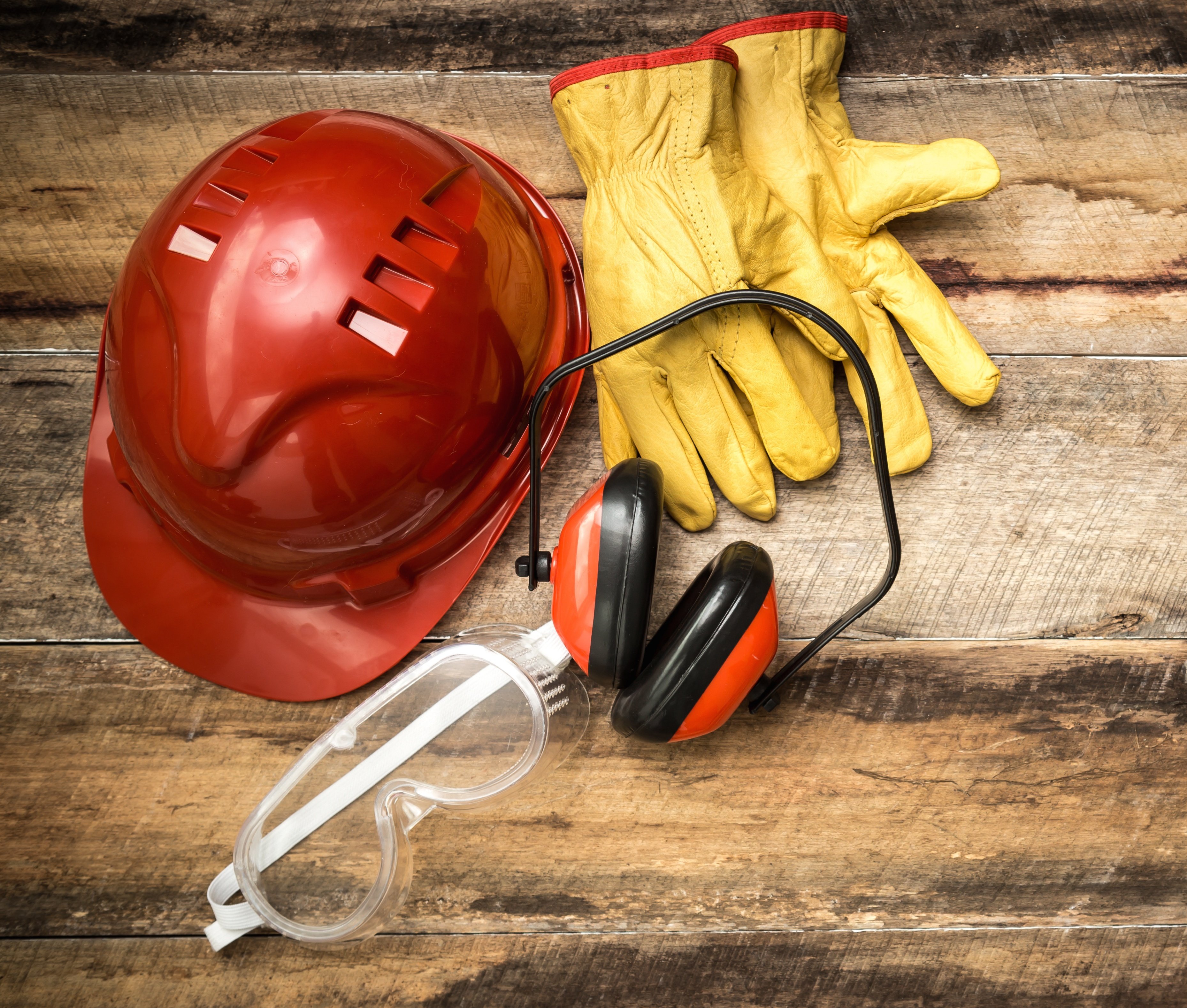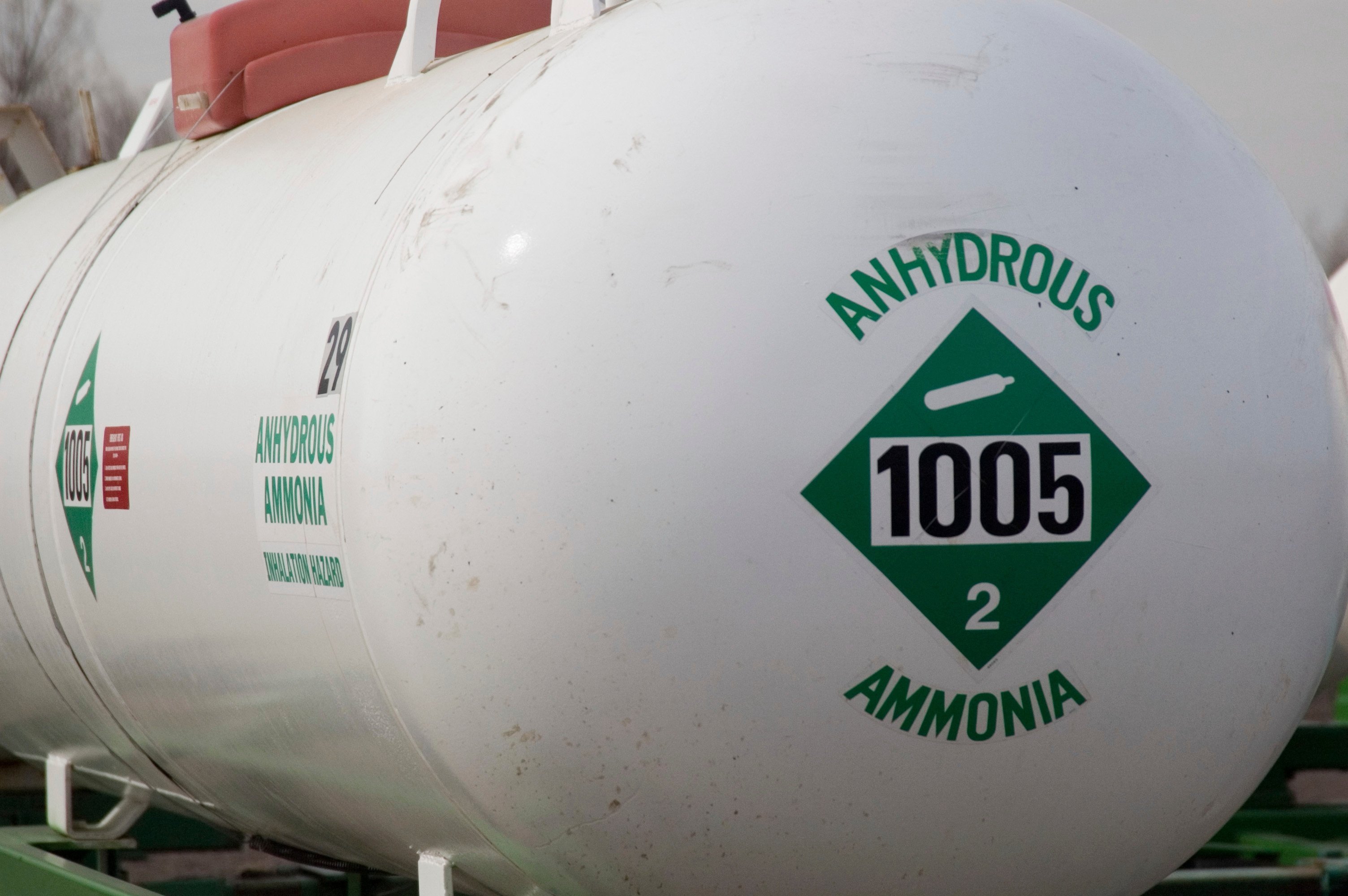‘Tis the season for family, fun, and festivities. You’ve worked hard all year, and now it’s time to slow down and enjoy a little well-earned celebration. You’ve earned it. Just remember, for the sake of both you and your loved ones, to practice a little personal safety this holiday season.
Good Day's Work
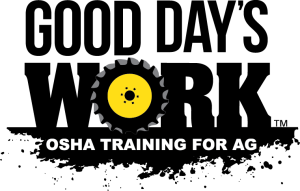
Recent Posts
The holidays are a time for loved ones to gather and celebrate the season. But let’s not forget to practice personal safety – for both you and your family – during this festive time.
Topics: seasonal
With so few official OSHA training regulations for agriculture, you might think that you have covered all your bases in your farm-safety training and meeting OSHA's training requirements. On the contrary, staying current on all OSHA requirements is an ongoing project for you and your safety team.
Safety issues must become a top priority. That means creating a strategy that safeguards your employees’ and managers’ safety and fosters a solid expectation for everyone’s complete compliance with OSHA guidelines. These goals will help establish the foundation of a safety culture that, in turn, could lead to higher productivity and profits for your farm.
Topics: OSHA law & compliance, agriculture
Regular safety meetings play an important role in communicating your company’s safety program information. They are a vital means of providing training for your employees about their workplace hazards and expected safe work habits. Safety meetings are also a great way to provide a quick refresher of previous training and reinforce the safety culture of your operation.
Topics: safety culture, safety training program, agriculture
Thank you. It’s not hard to say, but until this time of year, many of us rarely slow down enough to think about what we’re truly thankful for in our lives. Here at Good Days Work, we have so much to be thankful for—our families, our health, the opportunities ahead—the list could go on and on. But, first and foremost, we are thankful for you, the farm families that serve our communities.
Topics: agriculture, farm
Moving materials from one location to another is critical to any agribusiness operation. The vehicles needed to move product vary almost as much as the drivers on which we rely. Follow these simple guidelines to improve the safety of your truck operation.
Topics: driving
Falls account for most injuries in ag operations. One of the more dangerous fall hazards faced by farmers and agricultural workers is climbing grain bins. There are many reasons to climb grain bins; opening or closing manhole covers, moving spouts, replacing belts, checking spreader operation, checking the stirrator, checking grain level, checking grain moisture, monitoring grain quality, just to name a few.
Whether cutting firewood, downing trees for lumber, clearing brush or removing storm-damaged trees and branches, chainsaws are designed to make the job faster and easier. They're one of the most powerful hand tools at your disposal . . .
Topics: chainsaw
The EPA has revised the agricultural Worker Protection Standard and expanded the regulation to provide new worker protections similar to other industries.
Among other new protections, it now includes annual mandatory training to inform farmworkers on the protections afforded to them through the standard. Formerly, this training was required only once every 5 years.
Topics: worker protection standard (wps)
Fall-applied anhydrous ammonia can be an economical and efficient way to get nitrogen for your corn crop and get a jump on next year’s growing season. Anhydrous ammonia has several advantages, including its relatively easy application and ready availability. However, there are also disadvantages and potential dangers involved in handling anhydrous ammonia.
Topics: anhydrous ammonia


